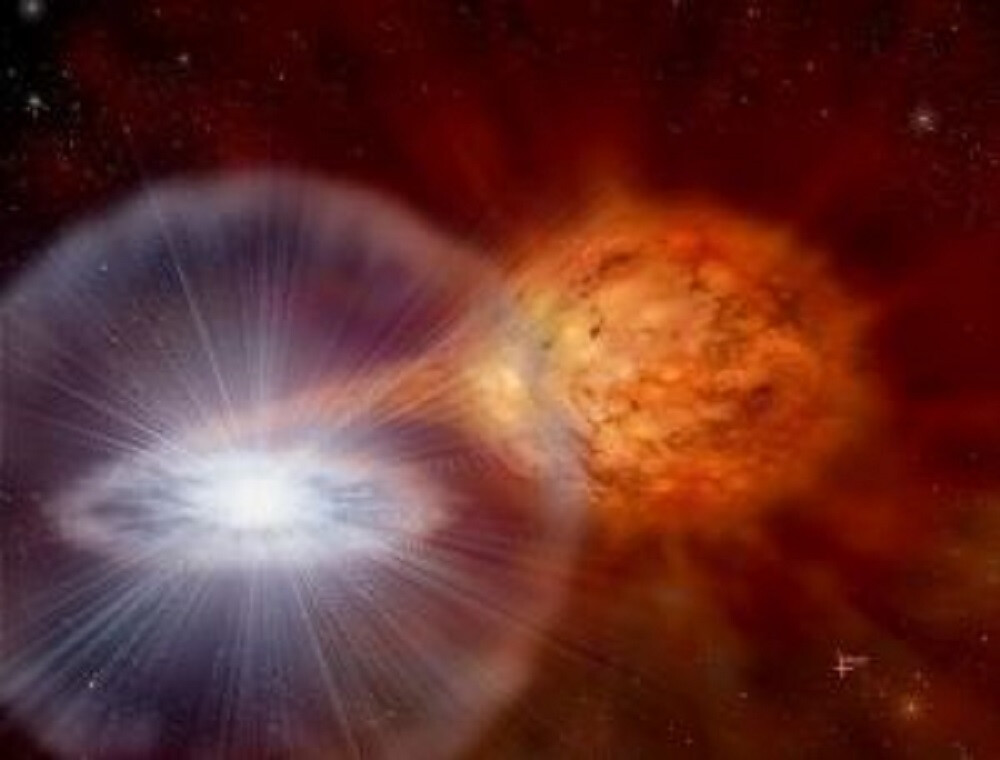Astronomers are excited. From now until September, a huge explosion is expected from a star located 3,000 light-years from Earth, a rare cosmic phenomenon that can be observed in the night sky.
This will be at least the third time that humanity will be able to witness the phenomenon known as a nova, which was discovered by Irish astronomer John Birmingham in 1866, and which occurred again in 1946.
This event occurs in a binary star system, T Coronae Borealis, belonging to the constellation Corona Borealis, and is generally too faint to be seen with the naked eye.
But about every 80 years, an interaction between these two stars triggers a nuclear explosion that revives their luminosity.
The light from the explosion travels across the universe, giving the impression for a few days that a new star as bright as the North Star, according to NASA, has just appeared in the night sky.
Speaking to AFP, Sumner Starfield, an astronomer at Arizona State University, said he was very excited about the prospect of witnessing the spectacle.
The world has been working on the “T Coronae Borealis” phenomenon since the 1960s.
In recent days, he has been busy finishing a scientific paper predicting what astronomers might discover when they observe the nova, which could happen at any time within the next five months.
“That might happen today,” he says with a smile, “but I hope it won’t!”

“Coffee trailblazer. Social media ninja. Unapologetic web guru. Friendly music fan. Alcohol fanatic.”

